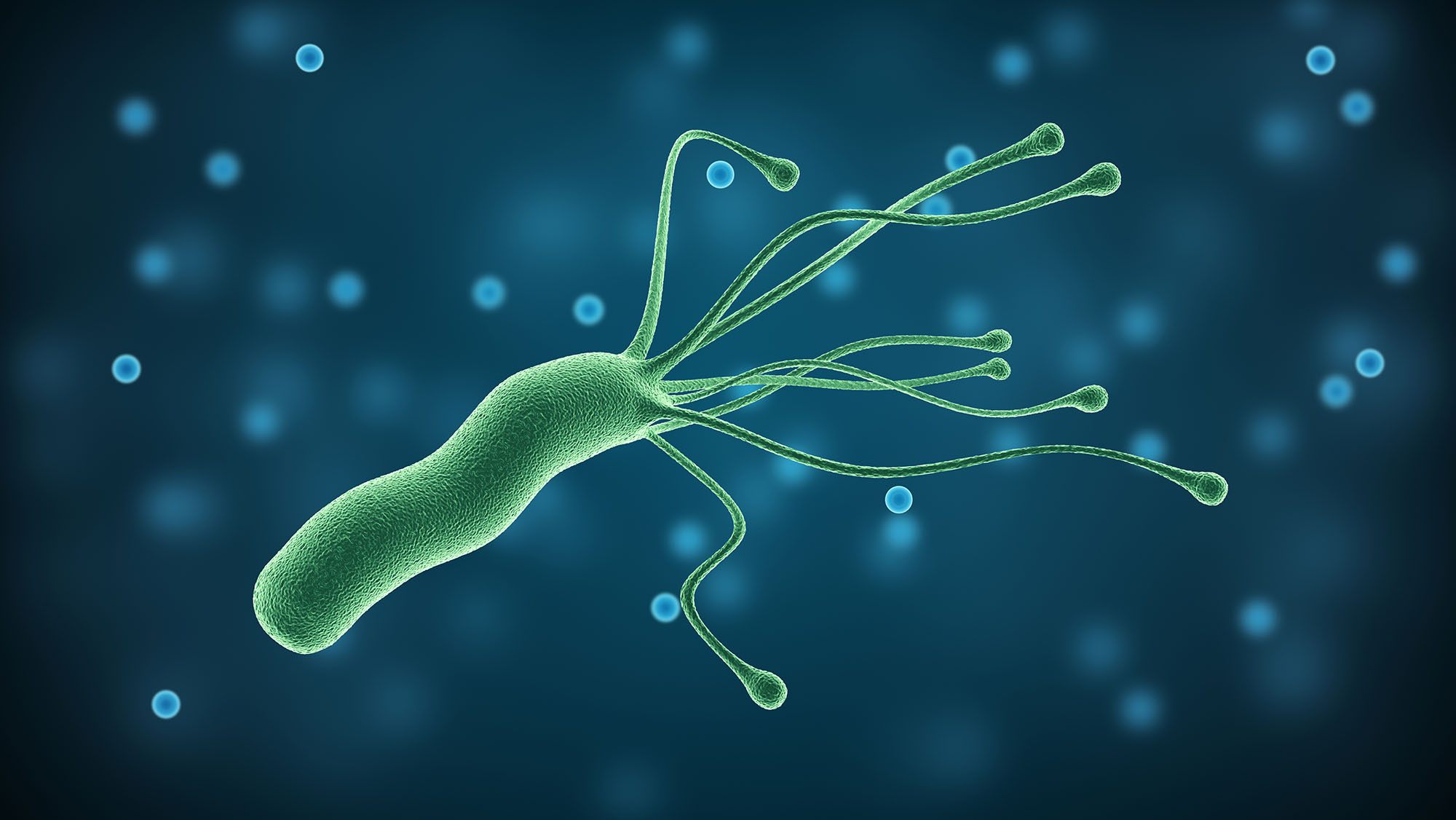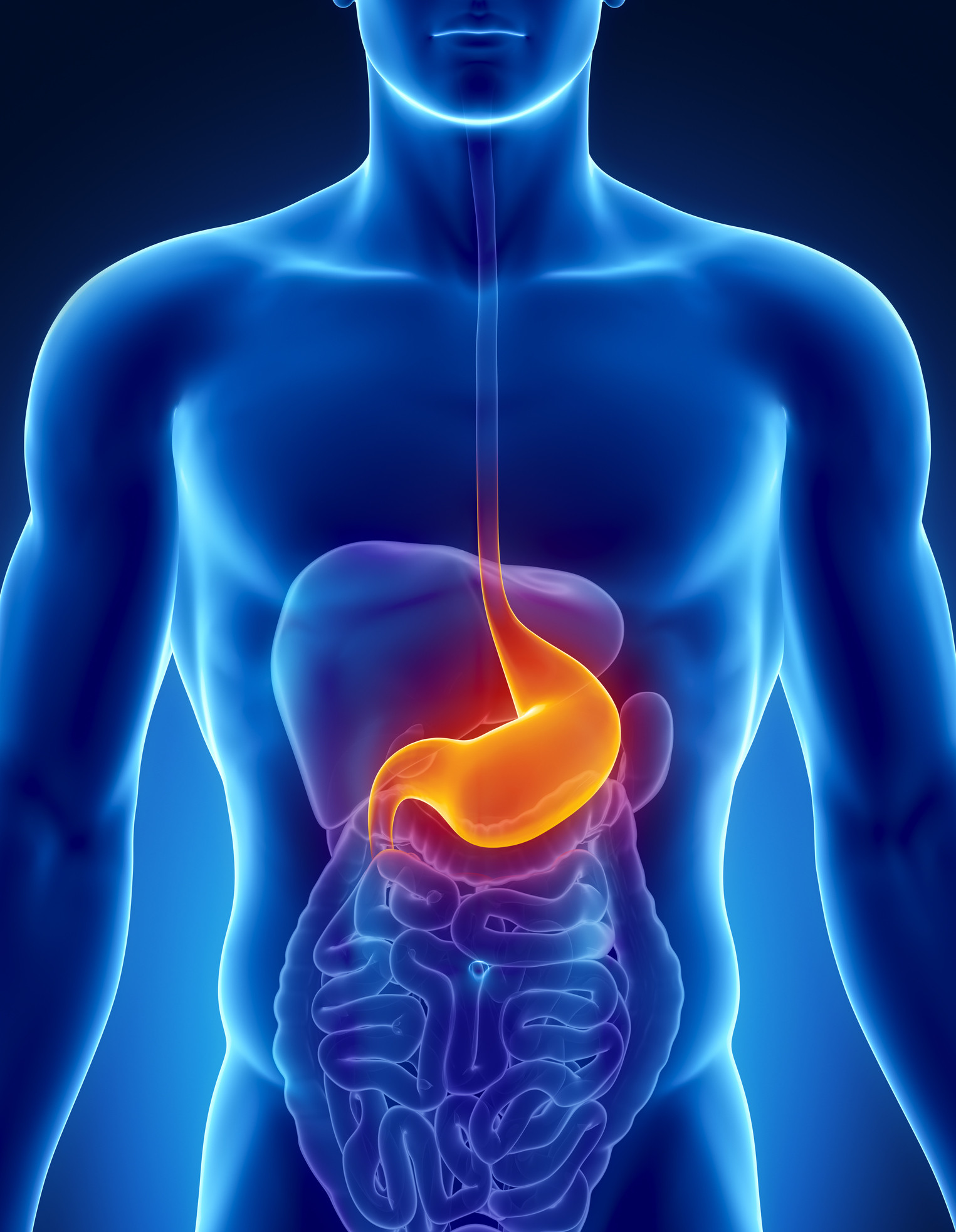CONDITIONS
Helicobacter Pylori Treatment in Dubai

Helicobacter pylori (H pylori) is a bacteria that infects the lining of the stomach. It is a very common infection – estimates suggest that 25-50% of the world’s population may carry the H pylori bacteria. It is a common cause of stomach ulcers and a risk factor for developing stomach cancer.

Is Helicobacter pylori infection dangerous?
H pylori infection in the stomach causes inflammation of the lining of the stomach (gastritis). In many cases, the gastritis is mild and often causes no symptoms. However, over time the damage to the stomach lining can increase the risk of developing ulcers in the stomach and duodenum. The chronic inflammation of the stomach lining may also promote the development of precancerous or even cancerous changes. H pylori infection is a strong risk factor for the development of certain types of stomach cancer.
What are the symptoms of Helicobacter pylori infection?
Most people with Helicobacter pylori infection have no symptoms. Some people with H pylori will experience discomfort or burning in the top of the abdomen (especially after eating), nausea, frequent burping or bloating, loss of appetite, or becoming full easily. If ulcers are present more severe symptoms may occur including worsening pain, vomiting blood (or black/brown material), and passing black tarry stools.
What is the cause of Helicobacter pylori infection?
Helicobacter pylori infection occurs when H pylori bacteria infect the lining of your stomach. H pylori infection usually occurs in childhood and the bacteria can live in the stomach for many years if undetected and untreated. The infection is usually passed from person to person through direct contact with stool, saliva, or vomit. H pylori may also be spread through contaminated food or water. Living with someone who has H pylori infection can increase your risk of getting the bacteria.
How is Helicobacter pylori infection diagnosed?
H pylori infection can be detected by either a stool test or a breath test. Both tests are usually very accurate but may give false results if you have recently been taking antibiotics or acid-suppressing medications. Blood tests are sometimes used – however, these are much less accurate and will only detect whether or not you have had H pylori infection at some point in your life, not if you still have the infection. H pylori infection can also be detected by taking tissue samples from the stomach during gastroscopy but this is not usually necessary unless you need the gastroscopy for another reason
How is Helicobacter pylori infection treated?
H pylori infection is usually treated with a course of antibiotics. Because H pylori is quite a resistant bacteria, at least 2 different antibiotics should be used together to maximize the chances of successful treatment. In addition to the antibiotics, you will also be given acid-suppressing medication to help the antibiotics work. Due to growing antibiotic resistance, H pylori treatment is not always successful. It is recommended to have a repeat breath test or stool test 4 weeks after completing treatment to check if the infection has been successfully treated. If the bacteria is still present, you may need a further course of treatment with a different combination of antibiotics. If the infection is successfully treated, the chances of becoming reinfected in the future are very small.

Dr Neil has over 25 years of experience in diagnosing and treating Helicobacter pylori infection in Dubai. If you are concerned about H pylori infection or the risk of complications, or if you have any symptoms of gastritis or ulcers, make an appointment to speak with Dr Neil.
